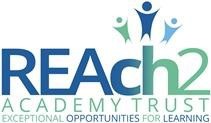NSPCC
The NSPCC website provides support and tips to help you keep children safe. From advice on children’s mental health to staying safe online, support for parents and what to do if you’re worried about a child.
An estimated 1 in 20 children have experienced sexual abuse.
Child sexual abuse is under-reported by adults. It's time for that to change.
It's never too soon to talk to the NSPCC.
What you share could make a life-changing difference to a child.
You don't have to say who you are.
You can contact the NSPCC Helpline by:
If you think a child is in immediate danger, please call the police on 999 straight away.
If you have any concerns about a child, trust your instincts and contact the NSPCC Helpline.
Their specialist team will listen, advise and take any action needed.
Parental advice re: Sexual behaviour in children
It’s important to understand what healthy sexual development looks like in children as they grow. Children’s sexual development is shaped by their environment, experiences and what they see. Children now are more likely to see or come across sexual images and videos at a younger age than their parents would have done. This can be through films, music videos or online, including pornography.
Every child is different and may become interested in relationships, sex and sexuality at slightly different ages. But as children get older, the way they express their sexual feelings changes. Many sexual behaviours children and teenagers show as they grow up are normal and healthy, so long as they’re not causing harm to others or to the children themselves.

